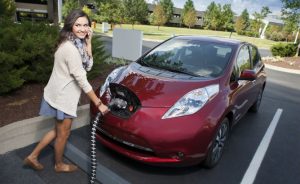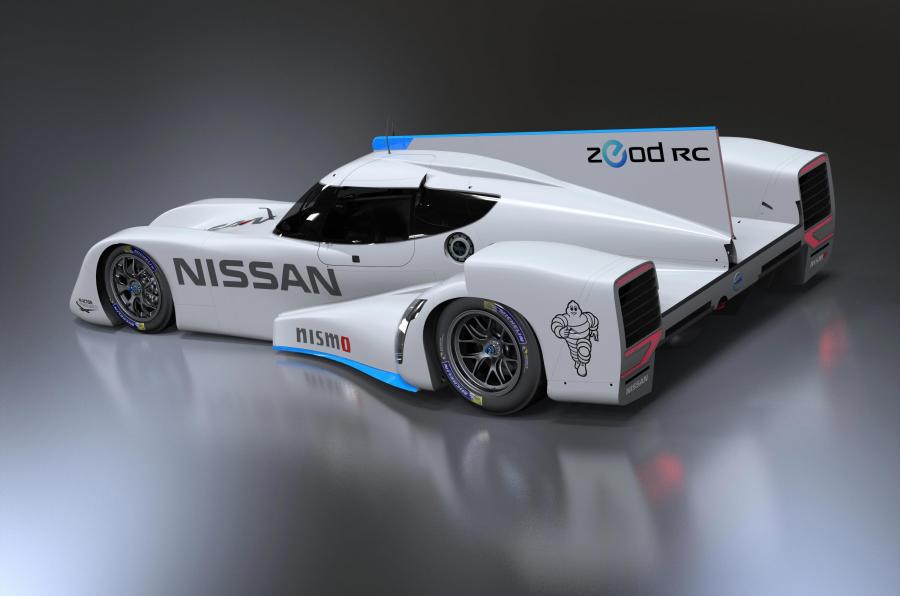Electric Car Incentives
 Have you been thinking about getting an electric car? There are many people out there who would like to drive an electric car to help reduce greenhouse gas emissions and reduce our dependence on foreign oil. The reduced cost of fuel is appealing, but it’s pretty much wiped out by the higher purchase price of electric and other alternative fuel vehicles. There will be some consumers who are willing and able to spend the extra dough, but there won’t be enough to make these new cars a success.
Have you been thinking about getting an electric car? There are many people out there who would like to drive an electric car to help reduce greenhouse gas emissions and reduce our dependence on foreign oil. The reduced cost of fuel is appealing, but it’s pretty much wiped out by the higher purchase price of electric and other alternative fuel vehicles. There will be some consumers who are willing and able to spend the extra dough, but there won’t be enough to make these new cars a success.
Federal, state and local incentives may help solve the problem. Tax incentives are the biggest piece, since they can bridge the price gap and get consumers into electric cars. There are plenty of other incentives out there to sweeten the pot. Some localities have gotten really creative, offering benefits like free parking and carpool access for electric cars.
The biggie out there is the $7,500 federal tax credit for buying a plug-in car. The new Chevy Volt and Nissan Leaf both qualify for this incentive. A tax credit is better than a tax deduction. With a tax deduction, you get to subtract the amount from your income before you calculate the tax on that income. A credit is given after the tax is calculated. This means that you can subtract $7,500 from your federal income tax bill. This only applies if you pay $7,500 or more in federal income tax. If you’re uncertain, you should consult a tax professional before committing to purchase a car.
The federal tax credit is available for early adopters. It’s designed to start phasing out for each auto maker as electric cars take off. When an automaker produces its 200,000th plug-in vehicle, buyers will continue to get the full tax credit for that fiscal quarter and the following quarter. For the next six month period, buyers will get 50% of the full amount, then 25% for the next six month period. After that, the credit is no longer available. It’s designed to get electric cars off the drawing board and onto the road. Hopefully battery technology will improve enough that electric cars can be competitive with traditional fuel vehicles.
States are getting in on the act too. California is offering a $5,000 tax rebate for buying an all-electric zero emissions car. Nissan’s Leaf qualifies, but the Volt doesn’t – yet. Chevy expect to make its electric car a zero emissions vehicle by 2012, which would qualify it for the rebate. Other states, including Hawaii, Colorado and Georgia are offering similar tax rebates, ranging from $4,500 to $6,000.
More Products for your Electric Car
There are other benefits besides a nice discount on the purchase price. The first is obvious. Drivers of electric cars don’t stop at the gas station and pay $3+ a gallon. Instead they plug their cars in at night and pay less for the electricity than they would for the gasoline. In order to encourage more consumers to take the leap, California and Georgia are offering access to the carpool lane even when there’s only one person in the car. Some states are offering rebates on the chargers required to plug the car in. New Haven, CT offers free parking for all cars with a fuel economy rating of 35 mpg or better.
If you’re circling around thinking about getting an electric car, this may be your best chance. Once they’re selling well, these incentives will disappear without so much as a poof of smoke!









